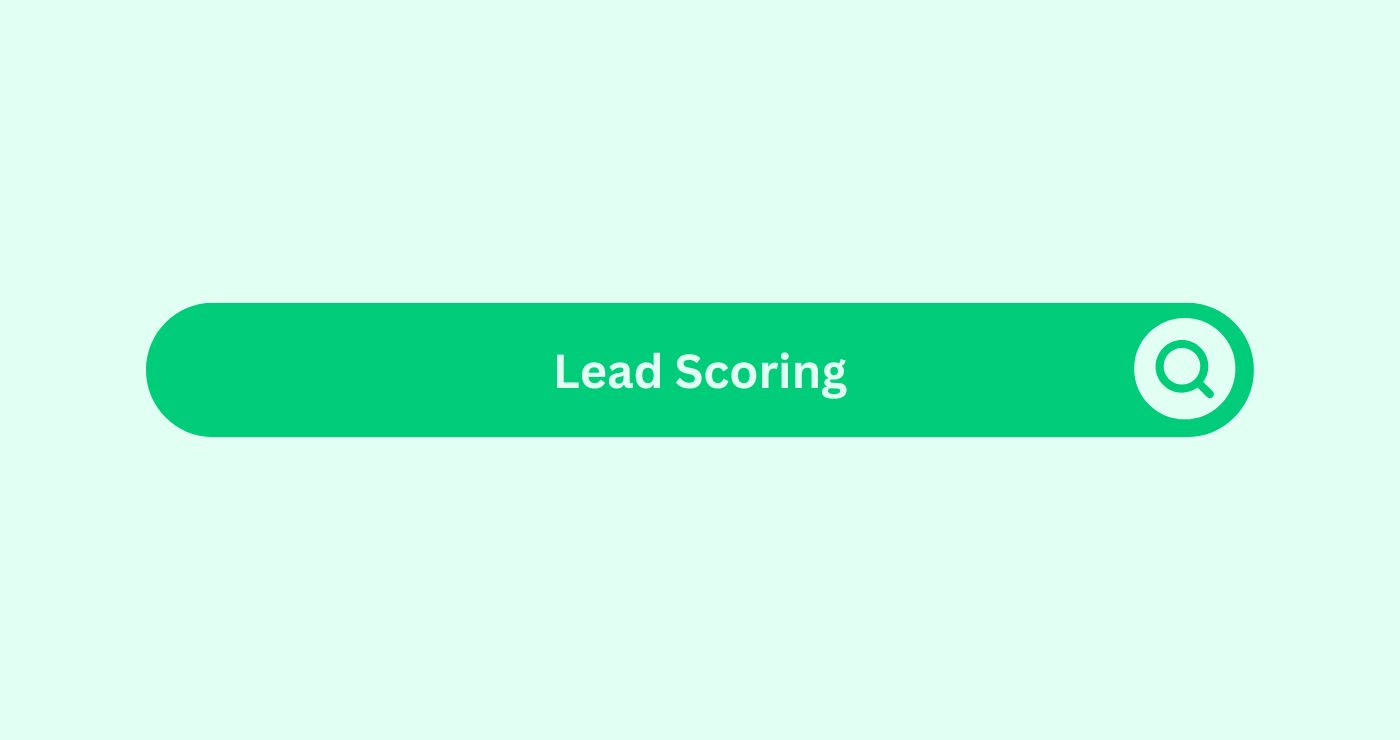Definition
LeadDefinition A Lead in the context of SEO refers to a potentia... scoring in AI for content marketingDefinition Content marketing strategically creates and share... is basically a smart way to sort leads by the numbers. Not just random points, either—AI digs into stuff like clicks, downloads, time spent lurking on pages, and even those form fills everyone pretends not to hate. All these signals matter. The system predicts which leads will actually convert, not just the ones who show up for the freebies.
Forget those old-school, set-in-stone rules. AI-powered scoring shifts gears as it learns from past wins (and flops). For example, a digital marketing team in Auckland might boost a lead’s score if they’ve smashed that service CTA, joined a webinar, or grabbed a case study. These aren’t just clicks—they show actual buying intent, and the AI picks up on that fast.
SEO agencies have their own playbook. They check where leads came from, how deep they dove into the site, which keywordsDefinition Keywords are crucial for SEO success as they conn... brought them in, and whether they keep coming back. Predictive analyticsDefinition Predictive Analytics digs into stats, past data, ... steps in here, automating the whole process. Sales folks stop wasting time on dead-end leads and zero in on the ones that might actually pay off.
Performance marketing teams take it further. LeadDefinition A Lead in the context of SEO refers to a potentia... scoring helps them see which ad channelsDefinition Channels in the context of SEO refer to the vario... send the best prospects, so they can re-engage those leads with sharp, targeted content. Faster pipelines, fewer bounces, and better returns all around. No more guesswork—just smart, data-driven moves.
Real-World Example
A performance marketing agency runs a lead generationDefinition Social media lead generation involves attracting ... campaignDefinition An SEO campaign involves focused, Organised effor... targeting small business owners in Auckland. Using an AI-driven LeadDefinition A Lead in the context of SEO refers to a potentia... Scoring model, leads receive points based on:
- Visiting the pricing page more than twice
- Opening two or more emails in the past week
- Submitting a service inquiry form
Those scoring above 80 out of 100 are routed directly to sales. The rest enter a nurturing flow. As a result, their deal closure time drops by 40%, and email open rates increase by 25%.
Formula
| Criteria | Score Assigned | Weighted Factor (%) | Weighted Score |
|---|---|---|---|
| Email Opened 3× | 15 | 20% | 3.0 |
| Filled Contact Form | 25 | 40% | 10.0 |
| Visited Pricing Page | 10 | 15% | 1.5 |
| Attended Webinar | 30 | 25% | 7.5 |
| Total Score | — | — | 22.0 |
Formula:
Total LeadDefinition A Lead in the context of SEO refers to a potentia... Score = ∑ (Score × Weight)
Higher total = Higher likelihood to convert.
5 Key Takeaways
- LeadDefinition A Lead in the context of SEO refers to a potentia... Scoring identifies your most engaged and sales-ready contactsDefinition Contacts in the SEO space refer to the individual... automatically.
- AI customises scoring based on real-world behaviours, improving accuracy.
- Agencies qualify leads quickly, shortening the sales cycle and boosting closure rates.
- Content teams use scores to send personalised, timely follow-ups.
- LeadDefinition A Lead in the context of SEO refers to a potentia... Scoring works across campaigns—ads, SEO, and email—for a consistent pipeline.
FAQs
What is Lead Scoring in AI content strategy?
LeadDefinition A Lead in the context of SEO refers to a potentia... Scoring uses AI to rank leads based on engagementDefinition Engagement in content marketing refers to the deg... signals and data patterns.
How does it improve digital marketing in Auckland?
It helps local marketers prioritise real prospects and automate the buyer journey.
Can SEO companies apply Lead Scoring to organic traffic? Yes. They score leads based on entrance pages, keyword paths, and bounce rates.
Yes. They score leads based on entrance pages, keyword paths, and bounce rates.
Is AI Lead Scoring accurate for new businesses?
Yes. Even small data sets can yield reliable predictions when AI continuously learns.
What tools help implement Lead Scoring?
CRM systems like HubSpot, Marketo, and AI tools like Salesforce Einstein automate scoring effectively.




